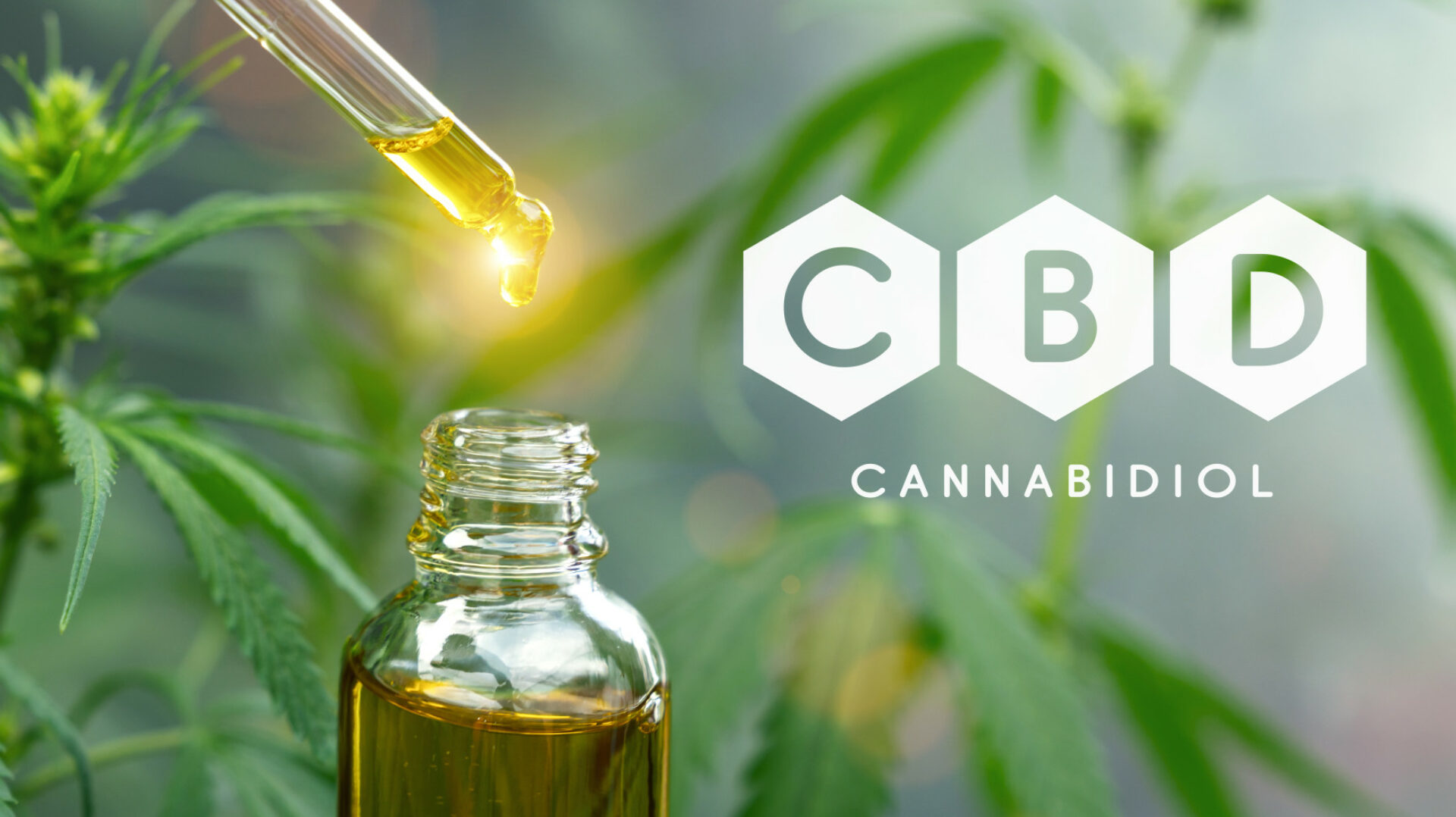Introduction
Recovery is a crucial aspect of any fitness or athletic endeavor, as it allows the body to repair and adapt to the physical stress placed upon it. Finding effective strategies to enhance recovery is a constant pursuit for athletes and fitness enthusiasts. In recent years, CBD (cannabidiol) has emerged as a potential tool to aid in the recovery process. This comprehensive guide explores the question: Can CBD help you recover quicker? We will delve into the potential benefits of CBD for recovery, its mechanisms of action, scientific evidence, dosage considerations, legal aspects, and practical tips for incorporating CBD into your recovery routine. By understanding the current landscape of CBD for recovery, you can make informed decisions about its potential role in optimizing your recovery and achieving your fitness goals.
Understanding Recovery
To assess the potential benefits of CBD for recovery, it is essential to understand the recovery process itself. Recovery involves a series of physiological adaptations that occur in response to exercise or physical stress. This includes repairing damaged tissues, replenishing energy stores, reducing inflammation, and restoring homeostasis in the body.
Potential Benefits of CBD for Recovery
CBD offers several potential benefits that can aid in the recovery process. Its anti-inflammatory properties may help reduce exercise-induced inflammation, which can contribute to muscle soreness and delayed onset muscle soreness (DOMS). CBD’s analgesic effects may also help manage post-exercise pain and discomfort. Additionally, CBD’s potential anxiolytic properties may help reduce stress and anxiety, promoting a more relaxed state and facilitating better sleep, both of which are crucial for optimal recovery.
Mechanisms of Action
CBD interacts with the body’s endocannabinoid system (ECS), which plays a role in regulating various physiological processes, including pain perception, inflammation, and mood. CBD influences the ECS by modulating receptors and enzymes involved in the regulation of these processes. The exact mechanisms by which CBD exerts its effects on recovery are still being explored, but its interaction with the ECS and other pathways may contribute to its potential benefits.
Scientific Evidence and Research
While the scientific research on CBD’s specific effects on recovery is still evolving, several studies have shown promising results. Research on CBD’s anti-inflammatory properties and its potential impact on pain management suggests its potential role in enhancing recovery. Additionally, anecdotal evidence from athletes and fitness enthusiasts who incorporate CBD into their recovery routines has been positive. However, more comprehensive clinical trials are needed to establish specific dosage guidelines and to understand the long-term effects and potential interactions with other supplements or medications.
Dosage Considerations
Determining the appropriate dosage of CBD for recovery requires individualized consideration. Factors such as body weight, metabolism, tolerance, and the desired effect should be taken into account. Starting with a low dosage and gradually increasing it while closely monitoring the response is generally recommended. CBD is available in various forms, including oils, capsules, topicals, and edibles, each with different bioavailability and onset times. Finding the optimal dosage and product format for your recovery needs is important for experiencing the full potential benefits of CBD.
Legal Considerations
The legal status of CBD varies across different countries and regions. In some jurisdictions, CBD derived from hemp with low levels of THC is legally accessible, while in others, strict regulations govern its use. It is essential to be aware of the specific laws and regulations in your location to ensure compliance and obtain CBD products from reputable sources.
Practical Tips for Incorporating CBD into Your Recovery Routine
To effectively include CBD in your recovery routine, consider the following practical tips:
- Choose high-quality CBD products from reputable brands that undergo third-party testing for potency, purity, and contaminants.
- Start with a low dosage and adjust as needed based on your individual response and goals.
- Consider timing CBD consumption to align with your recovery periods, such as post-workout or before bed.
- Explore different product formats to find the one that best suits your preferences and targeted areas of recovery.
- Keep a journal to track your experiences, including dosage, timing, perceived effects, and any changes in recovery markers.
Conclusion
CBD holds promise as a potential aid in the recovery process, with its potential anti-inflammatory, analgesic, and anxiolytic effects. While scientific evidence is still evolving, and more research is needed, many athletes and fitness enthusiasts report positive experiences with CBD for recovery. By understanding the potential benefits, mechanisms of action, dosage considerations, legal aspects, and practical tips outlined in this comprehensive guide, you can make informed decisions about incorporating CBD into your recovery routine. Remember to prioritize quality, consult with professionals as needed, and listen to your body to optimize your recovery and overall fitness journey.
- Haze THC Heaven: A Personal Exploration of Just Delta’s Delightful Offerings - April 1, 2024
- Can CBD Help You Recover Quicker? - July 7, 2023

